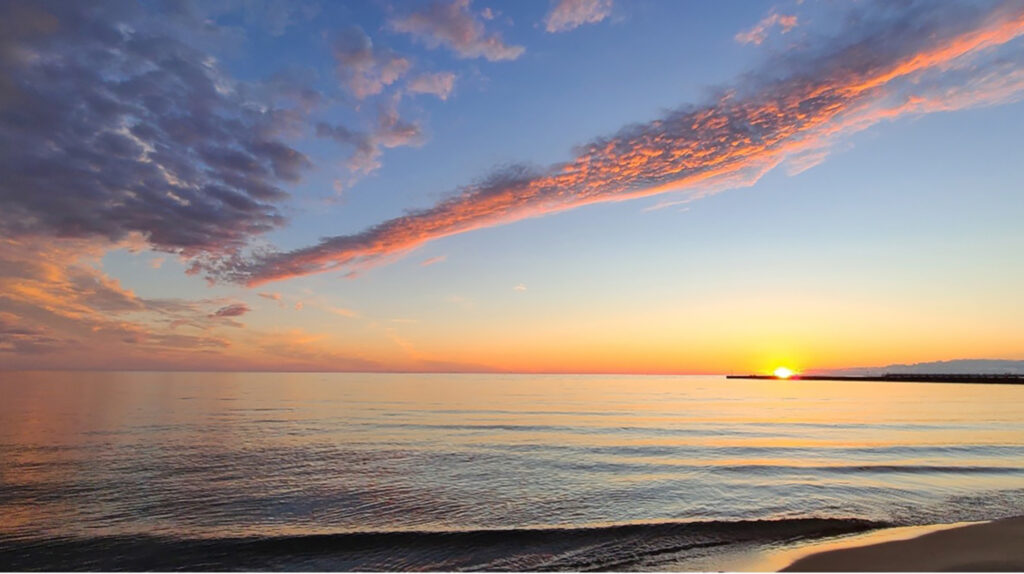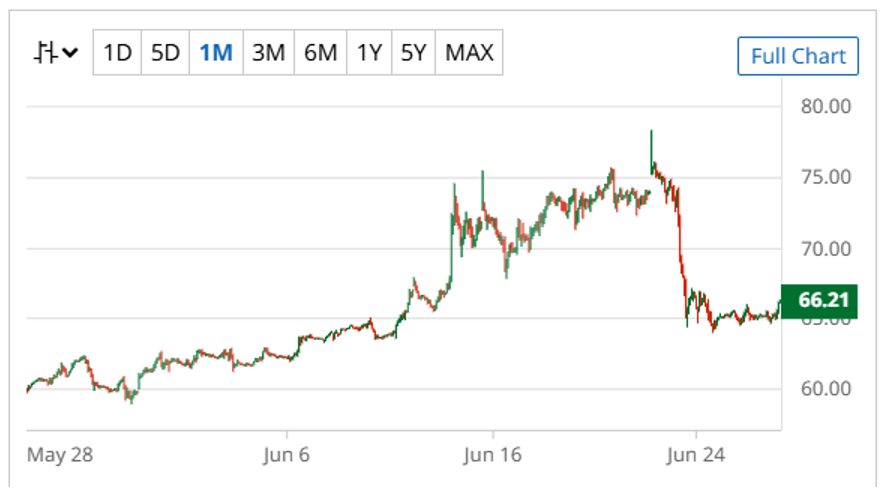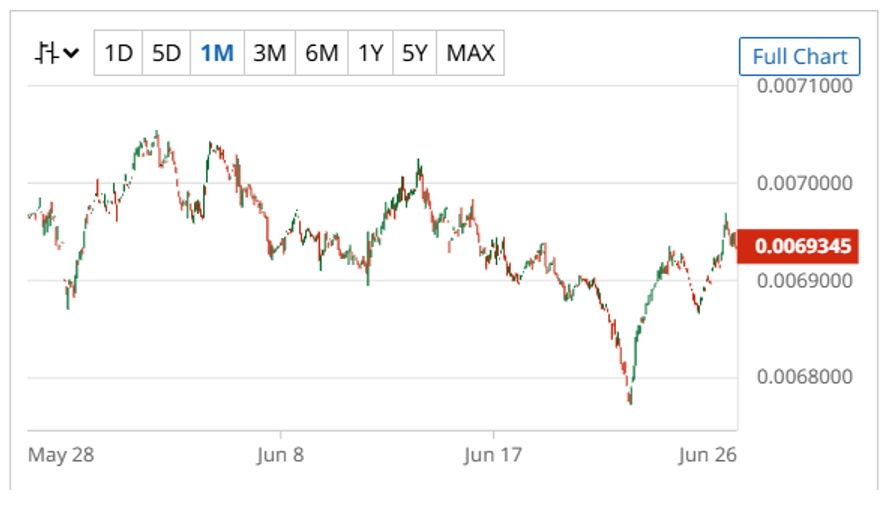My great-grandfather built a cottage on the shores of Lake Michigan almost 100 years ago. Five generations later, we still spend our summers relaxing on the beach. Some of the best days, however, can take a sharp turn. Despite perfect weather on shore, we sometimes see dark clouds gather and lightning bolts light up the horizon. While it is fun to watch from dry land, getting caught in a storm while at sea is not a joke. Inevitably, we see the speedboats running full tilt to get home as soon as possible, and the sailboats desperately seeking an inlet to hide in. Fortunately, the extreme weather can pass just as quickly, and we can get back to normal the same day. Trading works much the same way, but often even more rapidly. Recent markets provide ample examples of how quickly things can change. How a trader handles these outliers can make the difference between a successful business and a failed strategy.
We discussed the massive reversals that occurred in April around tariff announcements in our article Anatomy of a Tough Month for Trend Followers. Many traders benefited from these extreme movements. Deep Field Capital made over 10%* in April in their Volatility Arbitrage Program. Revolution Capital, which trades “around the trend,” made 3.98%* and AG Capital, a discretionary trader, made 3.99%*. Hyperion, which combines option managers with long volatility programs, outperformed its normal month with a 1.96%* return. Even in storms, many CTAs find opportunity.
*Past Performance is not indicative of future results
Thus far, June is showing extreme behavior as well. The war between Israel and Iran and the news of the United States dropping bombs on nuclear sites spiked oil by over 3% when the markets opened Sunday evening. By morning, the gains were trimmed, and a massive sell-off ensued with the announcement of a peace deal.
Crude Oil
Similarly, a downtrend in the yen reversed amidst a new inflation report in Japan. Despite hopes, rising prices continue to be persistent, setting expectations that tighter monetary policy would be used to support the currency. A consistent winning trade unwound quickly.
Japanese Yen
Getting caught in any of these trades is part of the challenge of active trading. While passive investing in stock indices works well over time, the process of entering and exiting trades in a logical fashion often proves to be the winning route when markets struggle the most. Managed futures often provide a port of refuge for the “sailboat” looking for safety. Current geopolitical, economic, and social events all point to the continued potential for disruption. As one trader pointed out, “Markets are really tough right now. We just need to manage risk and wait for the opportunity.”
Boaters take their safety precautions seriously. They check weather reports, stow life jackets, add lifeboats, and keep communication equipment in working order in case they need to call for help. CTAs take their own well-being seriously as well. We covered several of the rules that traders use to keep safe when we discussed “The Rules of Futures Trading”. One of those tenets was to control the variables you can before trouble happens. Many of these come up during calls with traders when difficult questions get asked. These can include, “What happens if you get hit by a car and can’t trade?”, “If something happens in the middle of the night, who gets notified?” and “What system backups do you have if the software crashes?” Often, the focus is on the worst-case scenario, much like a ship captain or a pilot. You are not remembered for your safe trips but only for your mistakes. With other people’s money on the line, you cannot be reckless.
We never know when the weather will shift, so it is important to stay ready. Here in the Midwest, our summers are short, so if we miss all the days it could rain, we might not ever leave the harbor. Much like seeing a storm rolling in, I enjoy watching a market respond to news as well. It is easiest to spot great traders in these times, not necessarily because they make huge profits, but also because they often sidestep big losses. They know that sunny weather is around the corner, so they will keep sailing.
Photo by author






